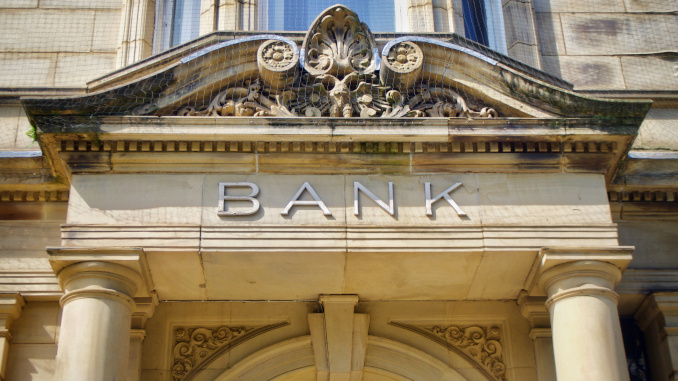
[Materials prepared for Financial Rebellion Interview]
Definition of a Bank
A bank is a financial institution licensed to receive deposits and make loans. There are several types of banks, including retail, commercial, and investment banks. Credit unions, savings banks, and savings & loans are types of banks. In most countries, banks are regulated by the national government or central bank (the Federal Reserve System in the U.S.). In the U.S., a bank may be regulated by a national government agency, the Fed, or the state, depending on how it is chartered and its structure. In the U.S., a federal bank’s primary federal regulator may be the Federal Deposit Insurance Corporation (FDIC), the Office of the Comptroller of Currency (OCC), the Federal Reserve System (Fed), or the National Credit Union Administration (NCUA). States regulate state-chartered banks and certain non-bank affiliates of banks. Other U.S. federal agencies with regulatory authority over some aspects of banking include the Federal Financial Institution Examination Council (FFIEC), the Consumer Financial Protection Bureau (CFPB), the Federal Trade Commission (FTC), and the Securities and Exchange Commission (SEC) (for publicly held banks).
Definition of a Credit Union
A credit union is a member-owned nonprofit cooperative financial institution. A depositor is a member. Credit unions generally have limits on who can be a member, based on employment or jurisdiction of residency.
Process for Finding Good Bankers
A. Adopt a Building Wealth approach – the power and importance of relationships
B. Identify the available institutions and people
- Private vs. publicly traded
- Likelihood of acquisition or change
- Relationships vs. rotation
C. Proceed alone or with a Solari Circle or group of friends
D. Access data
- From the bank or credit unions, including financial statements
- From the regulators – call reports at FFIEC, FDIC, SEC
Central Data Repository’s Public Data Distribution
FDIC Bank Call Report Information
E. Gather insight and recommendations from the community
F. Review template documents and all terms and conditions
G. Use your intuition to “feel” the culture
H. Consider the pros and cons of digital-only bank
How Many Banks Do You Want?
- Relationship to employer, family, other networks
Criteria for Selecting a Bank
A. Good governance
- Ownership
- Board of Directors
- Management
- Your decision-makers – branch manager, etc.
B. History of support and literacy re community small businesses
C. Financial soundness, stability, and profitability
D. Services
- Bankers and availability of decision-makers
- Location(s) of branches
- Availability of international transactions, if desired
- Certified, cashier’s, and travelers’ checks and wiring capabilities
- Bill paying
- Business hours and availability of funds
- Drive-up teller
- Assistance at the branch (as opposed to centralized 800-number)
- Debit and credit cards
- Mortgages (do they hold on balance sheet or securitized)
- Loans
- Remote deposits (e.g., from photographed checks) and other services
- IRAs
- Available safe deposit boxes
Related Resources:
Building a Successful Relationship with a Great Bank: Part II
Building a Successful Relationship with a Great Bank: Part III
Building a Successful Relationship with a Great Bank: Part IV
views: 148
